Petrol, diesel continues to boil; this is why govt needs to cut excise duty
Finance Minister Arun Jaitley gave a non-committal speech on trimming excise duty as a move to cushion fuel prices.

Any hope for relaxation in India's petrol and diesel prices looks bleak each coming day. Fuel prices in India continue to rise, so much so, that it has reached levels that have never been witnessed before. Boiling crude oil prices are to blame, of course. This has caused tremendous problems for citizens across the country, after all no one likes to pay higher price for their purchase of petrol and diesel, which continue to rise unpredictably each day. Due to rising fuel costs, some opposition parties started a nationwide protest today. While many are complaining about this situation, the NDA government has refused to step to provide relief to the public.
On September 05, the Finance Minister Arun Jaitley gave non-committal speech in trimming the excise duty as a move to cushion fuel prices. He stated that international oil prices are volatile and have not shown any linear movement.
As per Jaitley, India is a net buyer of oil and is adversely impacted when rates go up, but ‘temporarily’ so.
This simply means, government is not planning to save the rising petrol and diesel prices. OMCs like IOCL, HPCL and BPCL derive the final retail price of petrol and diesel by taking into account international crude oil prices, government’s excise duty, state’s Value Added Tax (VAT) and dealer commission.
While it is clear, India cannot do anything about the volatile crude oil prices, however, there are options to bring relief in fuel cost by either cutting excise duty or asking states to reducing the VAT levied.
But any news on these two options looks foggy currently for India with government and states being reluctant in slashing excise duty and VAT.
India underwent daily revision of fuel prices from June 15, 2017, linking itself with the international crude oil price movement. That has now become a tragedy for them as they continue to pay ever higher amounts for petrol and diesel every day.
Today, a litre of petrol has been charged at Rs 80.73 in New Delhi, at Rs 88.12 in Mumbai, at Rs 83.61 in Kolkata and at Rs 83.91 in Chennai.
Meanwhile, a litre of diesel is being valued at Rs 72.82 in New Delhi, at Rs 77.32 in Mumbai, at Rs 75.68 in Kolkata and at Rs 76.98 in Chennai.
It needs to be noted that, Indian Oil who used to release daily change in price of these two fuel products has stopped giving the current day data on its website. However, one can always see the previous price performance of these indicators on the website.
From Indian Oil past data, one litre petrol from January 01, 2018 till date, has risen by Rs 10.02 in New Delhi, Rs 14.67 in Mumbai, Rs 10.35 in Kolkata and Rs 10.6 in Chennai. Interestingly, one litre diesel has surged by much higher rate by Rs 12.37 in New Delhi, Rs 14.15 in Mumbai, Rs 11.57 in Kolkata and Rs 13.27 in Chennai.
What is noteworthy is that, the gap between petrol and diesel is getting narrowed each coming day.
If we look at current price, the gap between petrol and diesel is of just Rs 7.92 per litre in New Delhi, Rs 10.88 per litre in Mumbai, Rs 7.96 per litre in Kolkata and Rs 6.96 per litre in Chennai.
Meantime, if we consider the prices of January 01, 2018, then the gap between petrol and diesel stood at Rs 10.27 per litre in New Delhi, Rs 15.51 per litre in Mumbai, Rs 9.37 per litre in Kolkata and Rs 9.63 per litre in Chennai.
Also, Indian oil has released the break up of how their decide the petrol and diesel prices.
Going ahead, Indian Oil has also given break up of how the final retail price is calculated up till September 03, 2018. The data is given for the country’s capital New Delhi.

Shockingly from that data, it is seen excise duty way much higher than the VAT levied by the state’s government. In Delhi, VAT is priced at Rs 16.83 and Rs 10.46 for petrol and diesel, which is lower compared to excise duty of Rs 19.48 and Rs 15.33 for petrol and diesel.

This calls for relaxation in excise duty.
Since the time NDA government took the charge in India, excise duty has been hiked by nine times. By April 01, 2014, India’s petrol and diesel had excise of just Rs 9.48 and Rs 3.56 respectively.
This was hiked to as high as Rs 21.48 in petrol and Rs 17.33 in diesel. In the October month last year, the government slashed this price by Rs 2 per litre in both petrol and diesel bringing the excise duty up to Rs 19.48 and Rs 15.33 respectively.

States like Maharashtra, Andhra Pradesh, Madhya Pradesh and Punjab has the highest VAT levied on petrol which is above 35% and in diesel over 23%. In Mumbai, VAT on petrol is at 39.54% and 24.81% on diesel.
For Petrol and Diesel, taxes considered for computing effective tax rate includes Sales tax ,VAT, Cess, Additional tax & Surcharge etc. which are recoverable in price as taxes excluding Central levies & CST.
In addition to the above taxes, State Government of Bihar and West Bengal, levies additional tax/surcharge on VAT @ 30%/20% respectively which is irrecoverable in nature.

For Petrol & Diesel, VAT/Sales Tax at applicable rates is also levied on Dealer’s commission in Arunachal Pradesh, Delhi, Gujarat, Haryana, Madhya Pradesh, Punjab, Chandigarh, Puducherry, Andaman & Nikobar, Meghalaya , Dadar Nagar Haveli and Daman & Diu.
By end of FY17, government earned about Rs 242,691 crore as revenue from excise duty and Rs 166,378 crore through VAT on petrol and diesel.
Such would be 211.21% rise in excise duty revenue from Rs 77,982 crore in FY14, while 28.93% increase in VAT revenue from Rs 129,045 crore recorded in FY14.
On yearly basis, revenue from excise duty has rose by 35.89% from Rs 178,591 crore in FY16, whereas revenue from VAT was up by 16.47% from Rs 142,848 crore in the same period.

When government had cut the excise duty by Rs 2 per litre last year, they stated the revenue loss would about Rs 13,000 crore. Still, the government would not suffer, as the revenue would be in surplus from the FY17 numbers.
As for crude oil, ICICI Bank says, "Global crude oil prices are expected to remain volatile trading in the USD 72-78/bbl range responding to concerns about supply-side disruptions."
While state’s are reluctant in reducing the VAT looking at the revenue performance, it might be best if the government just decides to bring down excise duty further to relief fuel prices or unless they bring it under GST regime.
Get Latest Business News, Stock Market Updates and Videos; Check your tax outgo through Income Tax Calculator and save money through our Personal Finance coverage. Check Business Breaking News Live on Zee Business Twitter and Facebook. Subscribe on YouTube.
RECOMMENDED STORIES
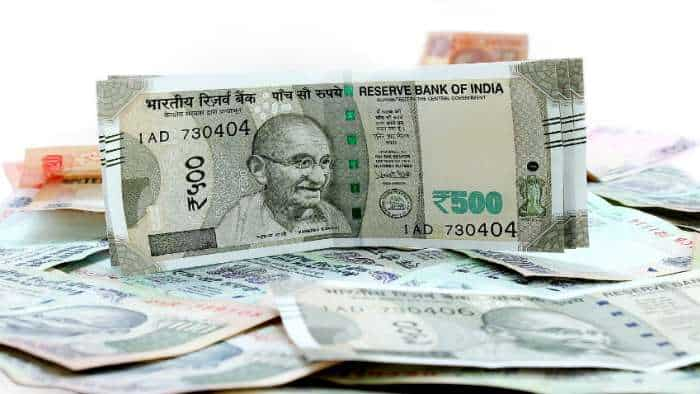
Top 7 Mutual Funds With Highest Returns in 3 Years: Rs 100,000 one-time investment in No. 1 scheme has swelled to Rs 2,13,588
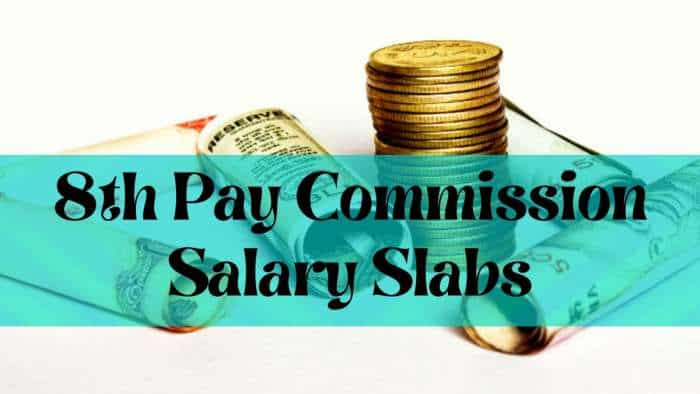
8th Pay Commission: Can basic salary limit cross Rs 6.40 lakh mark in new pay commission? Know why it may be possible
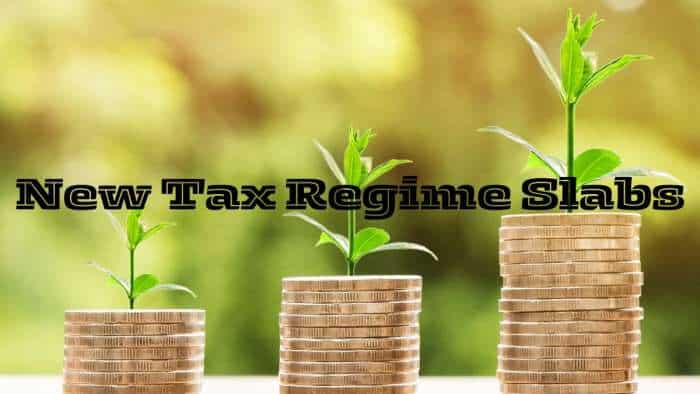
Revised New Tax Regime Slabs: Is your annual income Rs 12,90,000? Will you be taxed on Rs 15,000, or Rs 12,9000? Know here
07:50 PM IST






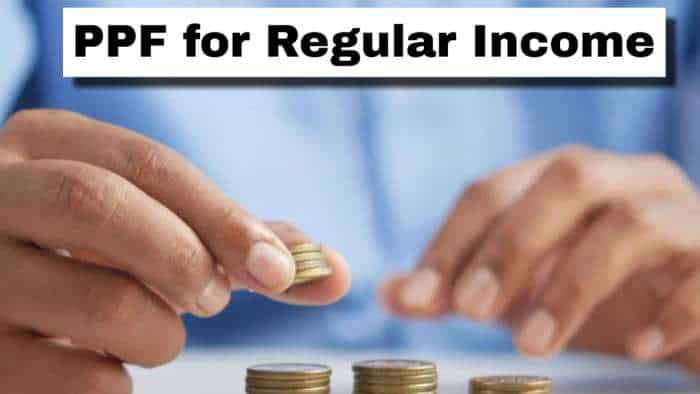
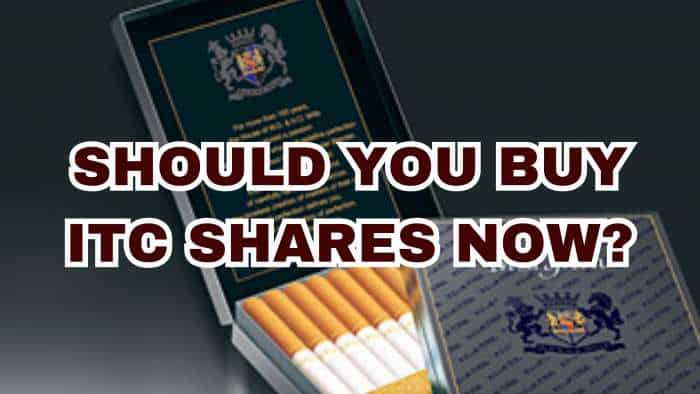
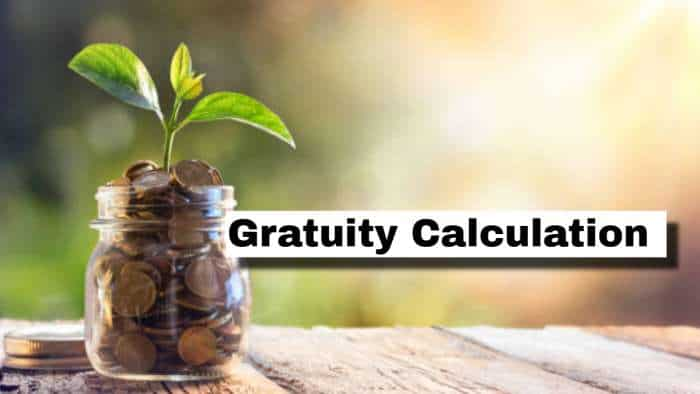
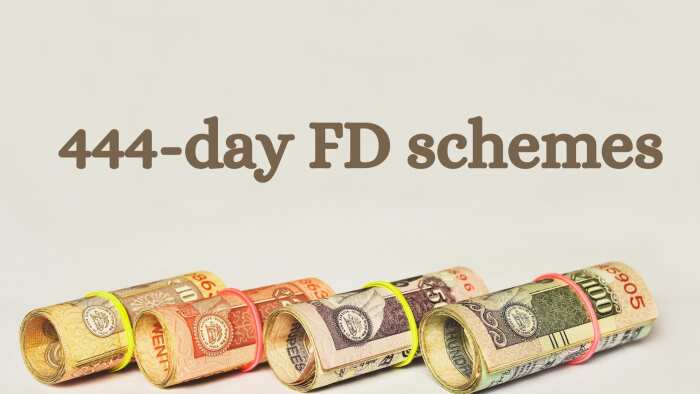
 Petrol, diesel at new heights; these 6 factors impact India's fuel prices
Petrol, diesel at new heights; these 6 factors impact India's fuel prices OMCs keep petrol price unchanged today; This is what you pay in Delhi, Mumbai, Kolkata, Chennai
OMCs keep petrol price unchanged today; This is what you pay in Delhi, Mumbai, Kolkata, Chennai  Mumbai fuel prices: Petrol cut by over Rs 3 per litre, diesel by Rs 2.26 per litre in 1 month
Mumbai fuel prices: Petrol cut by over Rs 3 per litre, diesel by Rs 2.26 per litre in 1 month  Petrol price cut for 6th day in row; You may soon pay under Rs 83 in Mumbai
Petrol price cut for 6th day in row; You may soon pay under Rs 83 in Mumbai Petrol price cut for 5th day in row; Mumbai sees most relief as rates drop; check other cities too
Petrol price cut for 5th day in row; Mumbai sees most relief as rates drop; check other cities too